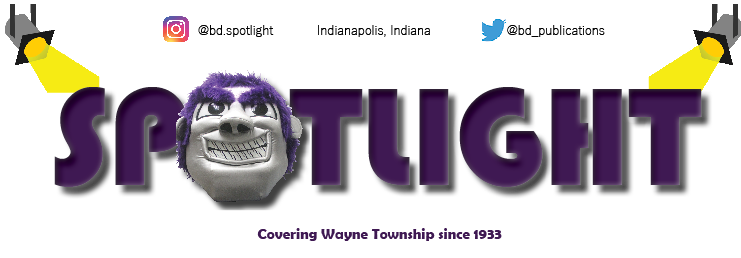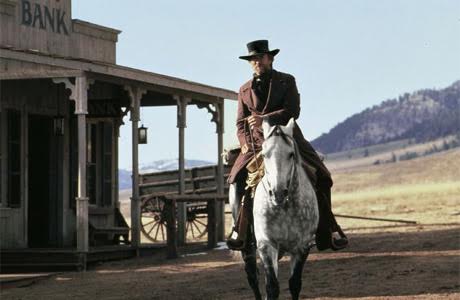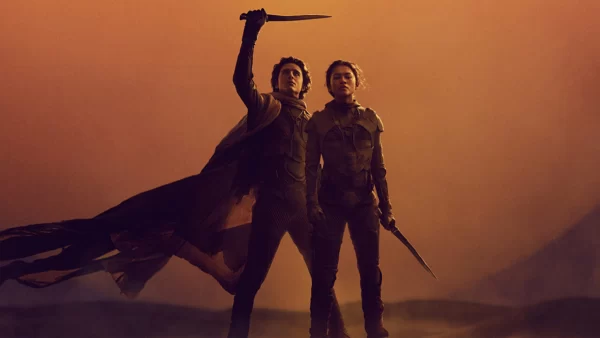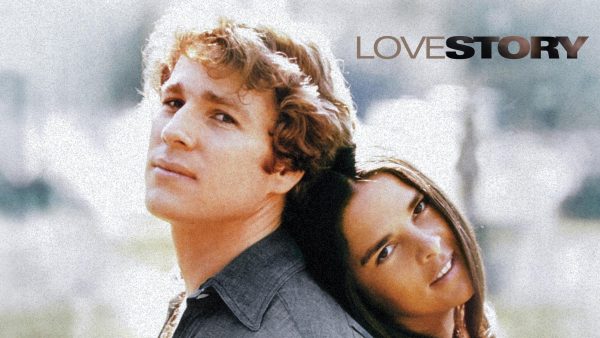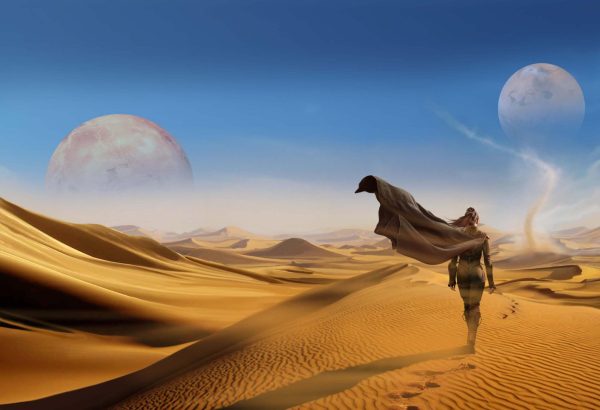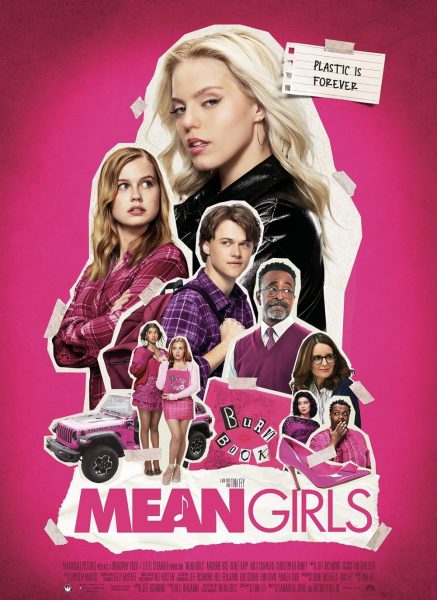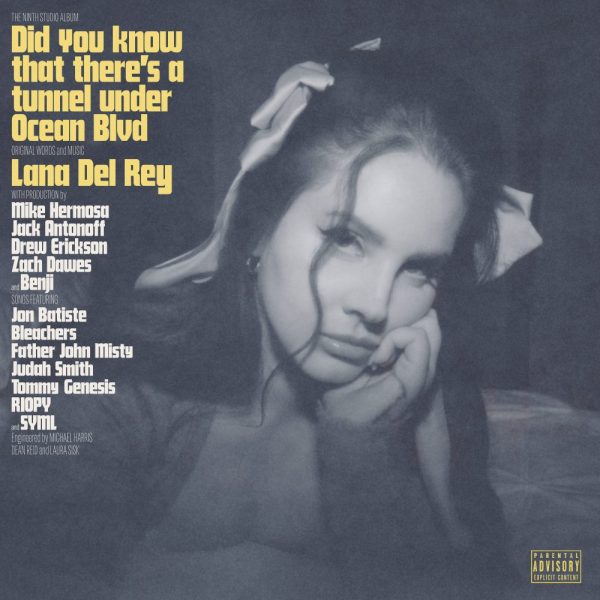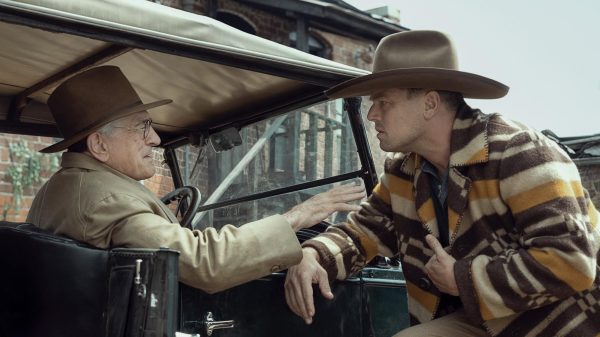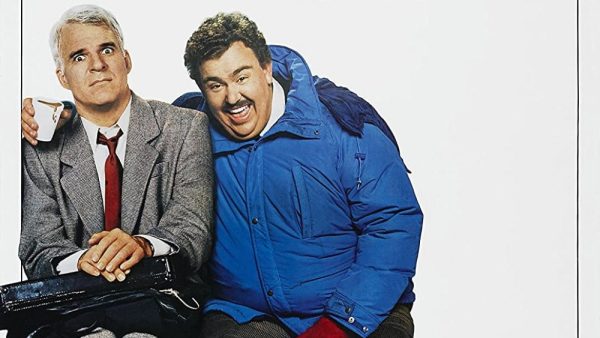Killer Queen

September 10, 2021
Obviously music isn’t the same as it used to be back in the day, but that doesn’t mean we should just forget about the musicians and bands that inspired the music that is being made today. One of those many bands that has shaped what music is today is the notorious rock band Queen.
Queen included Brian May, guitarist, Roger Taylor, drummists, John Deacon, bassists and lead singer Farrokh Bulsara, aka Freddie Mercury.
They met in London where they attended University of West London studying totally different things. Taylor and May were already in a band named Smile with the lead singer of Tim Staffell. Mercury was a big fan of the band and attended almost every show. Staffell eventually left to join another band, Humpy Bong, and left Smile without a lead singer. Mercury was quick to step in and take the role, add his own touch in the band, and they became the band we know today. Queen.
The band went through many bass players in their early career including Mike Grose, who was replaced with Barry Mitchell, who was then replaced by the famous John Deacon.
In the spring of 1971 Queen made their first demo Keep Yourself Alive followed by four other demos Liar, The Night Comes Down, and Jesus. Soon after they signed a recording contract with Trident Studios, who were managed by Neptune Productions. Trident then signed a recording contract with EMI.
Now that they had their record deal, Queen was on their way to dominating the UK and US. On July 13th 1973, they released their first studio album titled Queen. It reached number 83 on the US charts, and 47 in the UK.
In February of 1974 the group released the single Seven Seas of Rhye which would reach number 10 in the UK charts. This would be their first song that would be in the top 10, which would get them the recognition they needed to really kick their career off. That same year, they would begin their first tour of Britain.
During that tour they released their second studio album Queen II. That would reach number 5 in the UK and 49 in the US.
In October of 1975, Queen wanted to release the legendary Bohemian Rhapsody as a single, but since it was a total of 5 minutes and 55 seconds radio stations wouldn’t play it. Mercury was determined to get his song out there. He gave the song to his friend, DJ Kenny Everett, and told him not to play it, which he did anyway. It would reach number one on the charts and stay there for 14 weeks.
After that, the Queen began their road to success. They came out with number one hits like We Will Rock You, We Are the Champions, Crazy Little Thing Called Love, and many more. They went on numerous tours and sold out arenas.
One of the many reasons why fans would come to shows is Mercury’s way of interacting with the crowd. He would make them scream, sing, cry, cheer all at the same time, especially at the Live Aid concert.
Live Aid was a benefit concert held on Saturday 13 July 1985, as well as a music-based fundraising. It was also Queen’s most memorable performance. They raised the most money out of every other performance, and were said to be the loudest rock group there. There was a conspiracy that someone had turned up the speaker for their performance, but that turned out to be false.
Queen continued to dominate the music world until the mid-to-late 80’s. There was a change in band that one could put their finger on. There was a change in Mercury’s appearance. He started to look very sick, but denied all rumors. It wasn’t until the music video of These Are the Day of Our Lives came out that fans really started to worry. Mercury had gotten really skinny, his face was really dented and dark.
On November 23rd, 1991, Freddie Mercury made this public statement; “Following the enormous conjecture in the press over the last two weeks, I wish to confirm that I have been tested HIV positive and have AIDS.”
This took the world by shock. What the world really didn’t expect was the very next day on November 24th, Mercury died due to pneumonia caused by AIDS.
Even though Mercury died, Queen’s legacy still continues. Deacon, the bass player, played one more concert at the Freddie Mercury Tribute, which was also a fundraiser for AIDS, and was never seen playing another concert after. He eventually fell off and became a really bad alcoholic, but Roger and May continue to play concerts together and keep the Queen name alive.
If you ask Adam Lambert, David Bowie, and Cee Lo Green who inspired them to be what they are today, their number one answer would be Queen. Lady Gaga, 12 time Grammy winner, got her stage name from Queen’s song Radio Gaga. These amazing artists wouldn’t be what they are today without the inspiration of Queen, neither would the music world.
